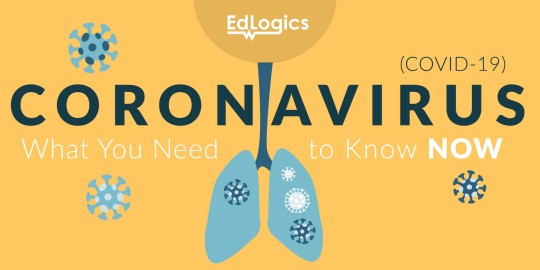As if there wasn’t enough to be stressed about already — climate change, the economy, politics — now the coronavirus pandemic is sweeping the globe.
Fact is, there are always going to be a million reasons to feel anxious, coronavirus or not. But anxiety won’t help.
I know, it can be annoying to be told to calm down when you’re stressed. It’s true — optimism, mindfulness, and deep breaths won’t make the coronavirus go away.
But neither will freaking out about it.
So let’s take a minute. Breathe. Focus, for a moment, on what can help you deal with the stress, anxiety, and the fear of the unknown.
You can’t control what happens. But you can control what you do right now.
In fact, what you do right now is literally the only thing you have control over.
So what can you do? Take coronavirus seriously. But don’t be scared. Be prepared:
- Wash your hands. This remains the single most important thing you can do. Wash your kids’ hands while you’re at it.
- Don’t touch your face. Especially your eyes, nose, and mouth. That’s how germs get in.
- Stay home if you can. Work from home if you are able.
- Avoid crowds if you do leave the house.
- Use telemedicine if you can — not just for COVID-19 questions but other health problems. Doctor’s offices and hospitals are overwhelmed right now.
- Wash your clothes and (of course) your hands when you get home. Coronavirus can stay alive and active on surfaces and clothing for up to 3 days.
- Limit contact between kids and those at high risk. It’s a relief that this particular pandemic doesn’t seem to hurt kids as much, but they are excellent disease-carriers — and they often don’t show signs of infection.
- Stock up on dry goods, nonperishables, and medicines. Planning ahead means fewer trips to the store. But be considerate. Don’t hoard. There has to be enough for everyone.
- Disinfect your phone every day. Cell phones can be germier than toilet seats, studies show.
- Disinfect your laptop, keyboard, and computer mouse while you’re at it.
- Keep your immune system strong. Practice healthy habits. Eat smart, take your meds and vitamins, get good sleep, and manage your stress level.
- If you feel sick, avoid spreading germs. Call your doctor and follow their instructions.



 You might recall our
You might recall our